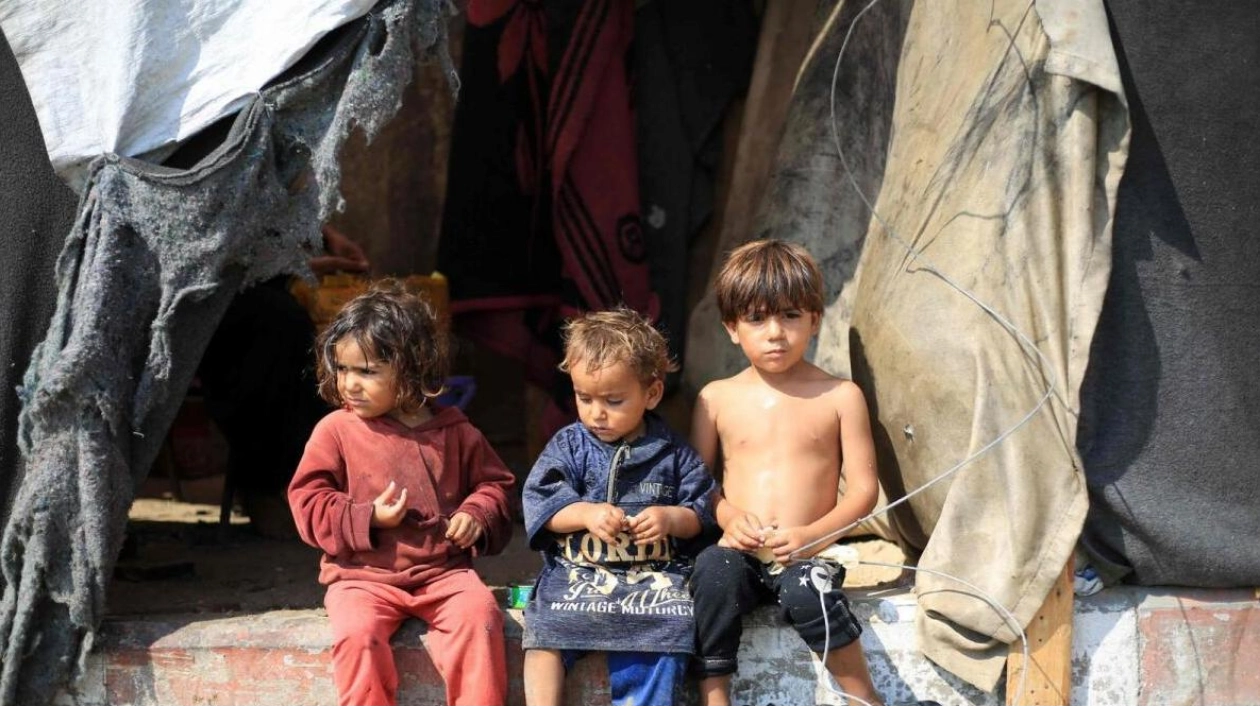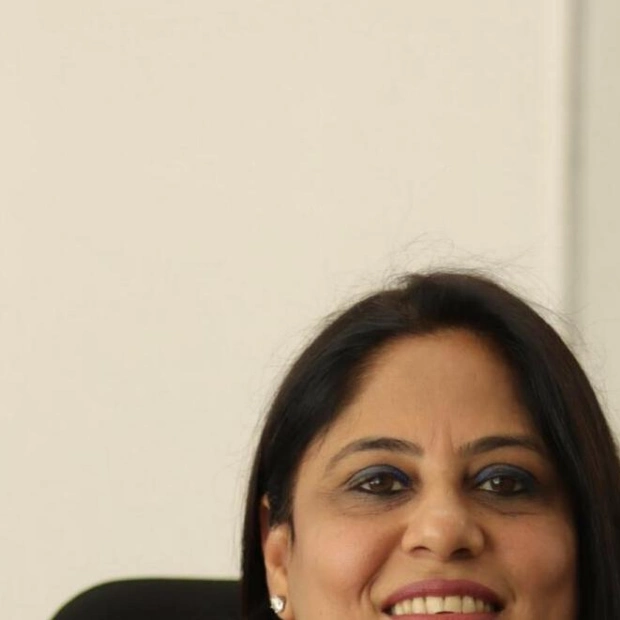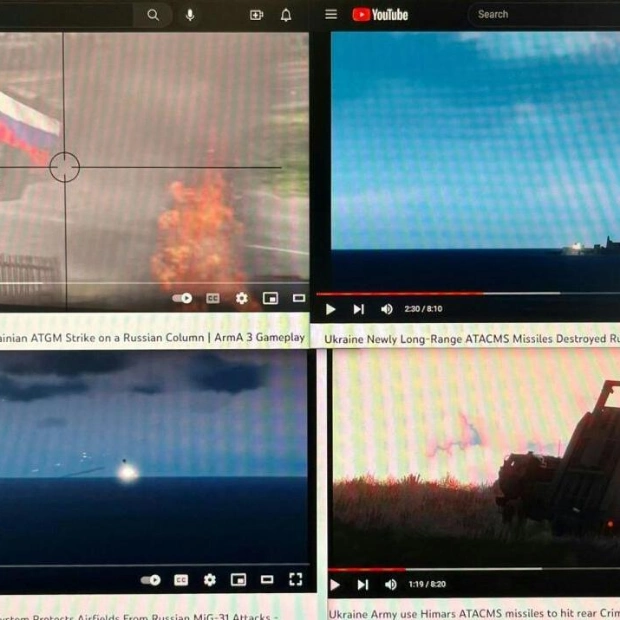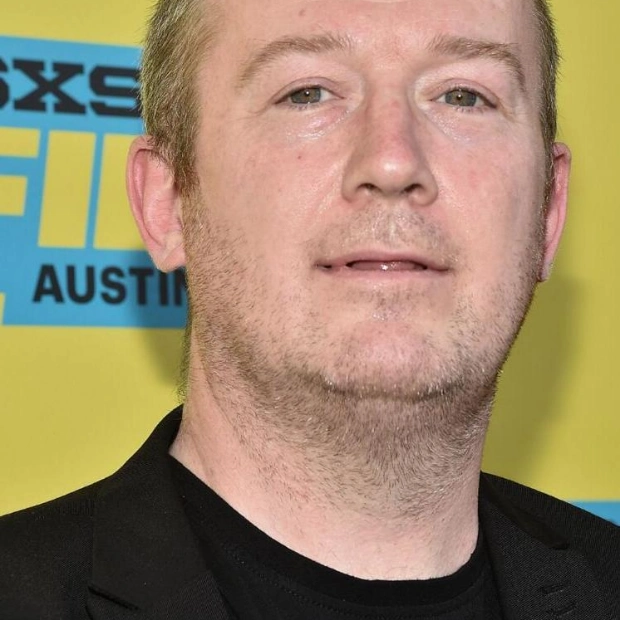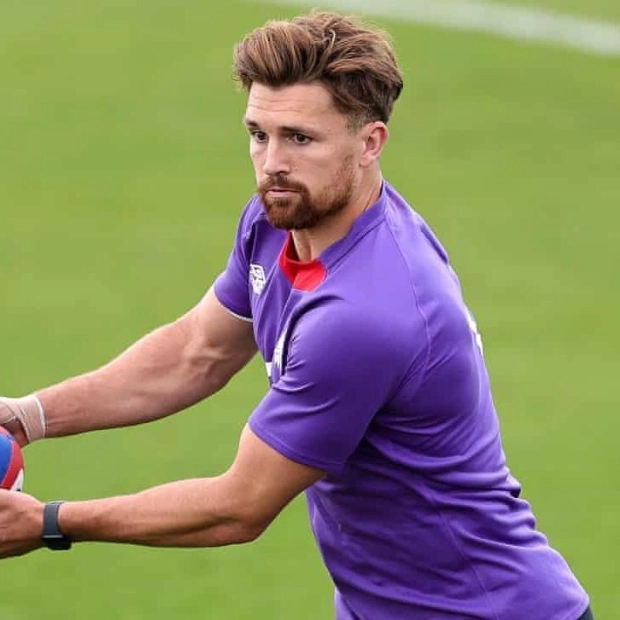Iran's Ambassador to India, Iraj Elahi, referred to India as a "big power" and an "important country" on Tuesday, expressing the hope that New Delhi will take a more active role in the ongoing crisis in the Middle East. In an interview with ANI, Elahi highlighted India's strong ties with Israel and suggested that it could leverage this relationship to halt the genocide in the region and Gaza, as well as to promote peace in Palestine.
When questioned about India's potential role in the Middle East crisis, the Iranian envoy reiterated, "From the onset of the tragic events and Israel's crimes in Gaza, I have consistently pointed out that India is a significant and influential nation in the international community. It maintains good relations with both Israel and Iran, and as a founder of the non-aligned movement, it has historically supported Palestine's cause in the region." He emphasized the expectation that India should play a more active role in addressing the regional tensions, given its close ties with the Israeli government. Elahi stated, "India can use its influence to persuade Israel to cease the genocide in the region and Gaza, and to maintain peace in Palestine. From Iran's perspective, we collaborate with India on numerous issues and hope to convince it to contribute to regional peace."
On October 7, over 2000 Hamas terrorists infiltrated Israeli borders, resulting in the deaths of 1200 Israelis and the capture of around 250, with approximately 120 still held by Hamas, many feared dead. In response, Israel launched a robust counteroffensive against Hamas in the Gaza Strip, aiming to completely eradicate the group. The situation in the Middle East intensified further after Hamas' political bureau chief, Ismail Haniyeh, was killed in Tehran on July 31. The Islamic Revolutionary Guard Corps (IRGC) confirmed Haniyeh's death, stating he was killed in an attack in Tehran. Haniyeh had traveled to Tehran to attend the swearing-in ceremony of the Iranian President-elect, Masoud Pezeshkian.
On August 1, the Israel Defence Forces (IDF) announced the confirmed death of Hamas military wing commander Mohammed Deif in an airstrike in the southern Gaza Strip on July 13. The IDF also confirmed the death of Hamas' Khan Younis Brigade commander Rafa'a Salameh, although final details on Deif were pending. Meanwhile, the IDF reported the killing of top Hezbollah commander Fuad Shukr in an Israeli strike in southern Lebanon. Shukr was responsible for Hezbollah's advanced weaponry and terror attacks against Israel. Israeli Prime Minister Benjamin Netanyahu declared that Israel had dealt "crushing blows" to its enemies in recent days, following the deaths of Haniyeh and Shukr.
